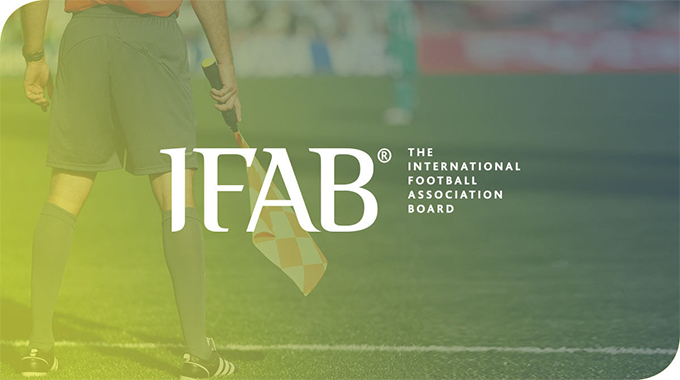Football rules change

Ricky Zililo, Senior Sports Reporter
THE International Football Association Board (IFAB), a body that determines the laws of the game, has made five major changes to the rules of football meant to avert cheating and time wasting by players.
IFAB met at the weekend in Aberdeen, Scotland, and resolved that the new rules will come into effect in June 2019, in preparation for the 2019/20 international season.
According to reports, rebounds from penalties have been scrapped off.
“Play will stop for a restart if a penalty is saved or hits the post, meaning there will be no chance to follow up and score from rebounds, meaning players will no longer need to line up on the edge of the area,” says one of the major changes.
This means penalty takers will have to be clinical. With regards to penalties, a goalkeeper will be allowed to have one foot on the line.
To increase fairness in competition, attacking players are no longer allowed to be in a defensive free-kick wall.
The international body moved to stamp out time wasting, especially during substitutions. Under the new rules, substituted players can leave the field anywhere.
When a player is withdrawn they will no longer have to leave the field at the halfway line and will instead be permitted to leave the pitch at the nearest point.
In most leagues, leading teams tend to waste time during substitutions, with players slowly striding across the field when pulled out.
The IFAB has also ruled that players will be allowed to touch and play the ball inside the penalty area from a goal kick.
One of the changes likely to spark a storm is the matter of handballs inside the area. IFAB said goals scored after hitting a player’s hand “voluntarily or involuntarily” will not be allowed. Instead, a free-kick will be awarded to the attacking team.
David Elleray, IFAB technical director, told the Manchester Evening News that deliberate handball remains an offence.
“In the past we’ve managed to improve the laws by focusing on outcome rather than intent. What we are looking at particularly in attacking situations is where the player gets a clear unfair advantage by gaining possession or control of the ball, as a result of it making contact with their hand or arm,” said Elleray.
There has also been another change to the handball rule in that if a player’s arms extend beyond a “natural silhouette” and it strikes their hand a foul will be given regardless if it was intentional or not.
“We’ve changed it to say the body has a certain silhouette. If the arms are extended beyond that silhouette then the body is being made unnaturally bigger, with the purpose of it being a bigger barrier to the opponent or the ball. Players should be allowed to have their arms by their side because it’s their natural silhouette,” added Elleray.
In a move meant to promote discipline, coaches, just like players, will now be booked by receiving yellow and red cards.
— @ZililoR












Comments